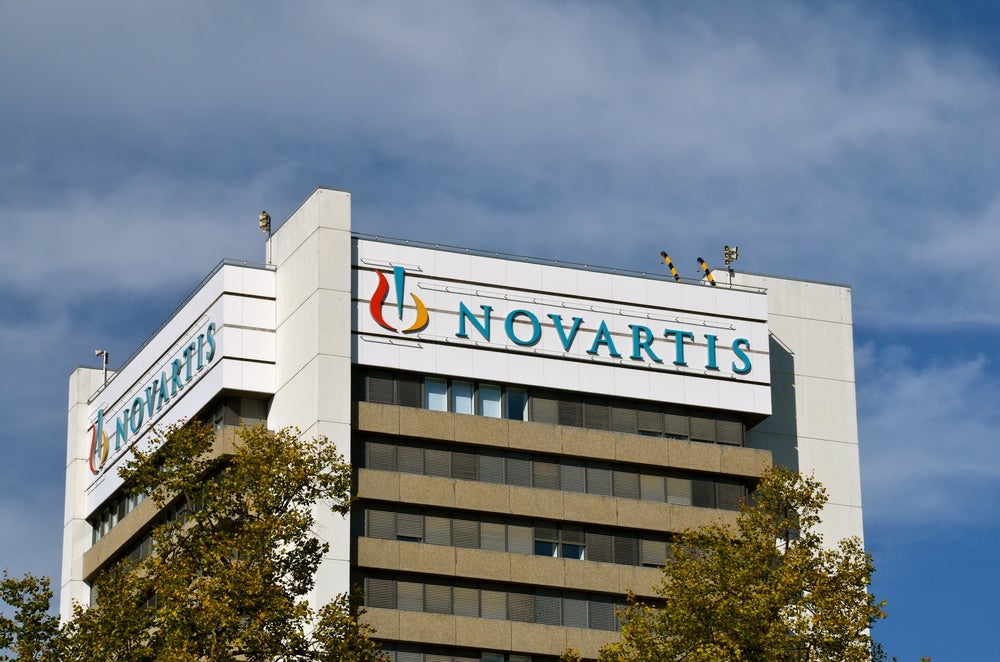
Novartis’s remibrutinib saw a six-point jump in its Phase Transition Success Rate (PTSR) in chronic, spontaneous urticaria (CSU) after positive Phase IIb data was reported. PTSR is the probability, given as a percentage, of a drug progressing successfully from one development stage to the next. Results from the 311-patient Phase IIb trial (NCT03926611) were revealed on 30 September. Remibrutinib’s PTSR was updated on 4 October and now stands at 55%.
Urticaria is more commonly known as hives. In the study, remibrutinib achieved statistically significant, dose-response improvement versus placebo in the primary endpoint change from baseline in the weekly Urticaria Activity Score (UAS7) at week 4. The trial recruited patients who had inadequate symptom control with antihistamines. Remibrutinib is an oral BTK inhibitor.

Discover B2B Marketing That Performs
Combine business intelligence and editorial excellence to reach engaged professionals across 36 leading media platforms.
Remibrutinib also had a 3-point increase in its Likelihood of Approval (LoA) to 31% on the back of positive Phase IIb data. LoA is identified via GlobalData’s analysis using a combination of machine learning and its proprietary algorithm. Both LoA and PTSR can be calculated for a drug by considering characteristics like therapy area, indication and molecule type.





